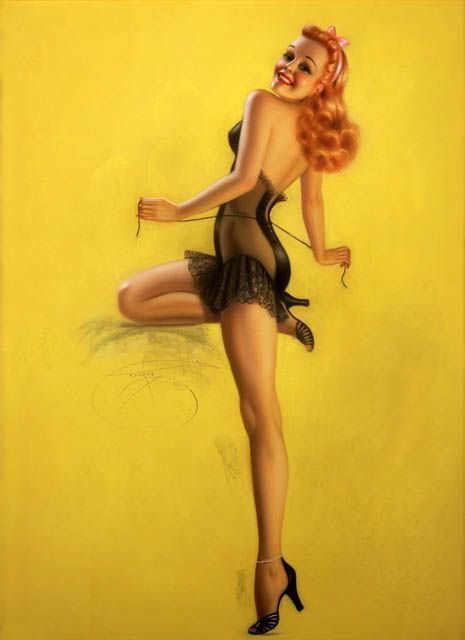Voices: Celluloid Chicks
The funniest movie poster I've ever seen is for a film called The Birth of Feminism. It depicts the beach bunny personas of Pamela Anderson, Halle Berry and Catherine Zeta-Jones as Gloria Steinem, Flo Kennedy and Bella Abzug, respectively. The tagline reads "They made women's rights look good. Really good."
Yeah, it's a joke. A feisty, in-your-face organization of anonymous female artists called the Guerrilla Girls created the poster in 2001 to make the obvious point about Hollywood. Crediting Oliver Stone as director of the film, it also makes a point perhaps less obvious.
Even after the landmark 2002 Oscar Awards ceremony which saw wins for African American actors Halle Berry and Denzel Washington, no woman has ever won the Oscar for Best Director. Only two have ever been nominated.
The problem is, women are lucky to get hired in the first place - 96 percent of major films are directed by men. As the Guerrilla Girls have most effectively pointed, even the U.S. Senate (13 percent female in 2001-2002) and the interim Afghan government (6 percent female) are more progressive than Hollywood.
And it's not only the directorial statistics that are out of gender whack. Ninety-four percent of the writing awards have gone to men. Female actors only get 25 percent of starring roles. And it's those actresses who manage to prove themselves at the box office that are often responsible for financing the projects that employ themselves and other women.
Uma Thurman served one of the Executive Producer for the stunning Mira Nair-directed film Hysterical Blindness. Adapted by Laura Cahill from her play, the film premiered at Sundance and was aired on HBO this summer. Salma Hayek is the reason that next year we'll see a movie based on the life artist Frida Kahlo and directed by Julie Taymor. Barbra Streisand and Drew Barrymore have been putting their money to work behind the scenes for years.
In an article printed by Salon in August ("Where are the female directors?"), many of journalist Michelle Goldberg's interview subjects not surprisingly reached similar conclusions. Casually courting older white men for financing takes on entire different flirting entendre for aspiring women artists. If and when they do get the money, they're subject to the greenlight powers of studio executives in search of their own private fantasies.
While Hollywood will no doubt continue to lag behind, film festivals have been and will likely continue to be one of the rare venues in which female screenwriters and directors can prove that the gender discrepancy has nothing to do with a lack of talent. A successful showing of female filmmakers' work at this year's Sundance Film Festival has given many women a reason to be optimistic. Among other honors received, the Dramatic Grand Jury Prize went to the film Personal Velocity directed by Rebecca Miller. Lourdes Portillo received the Special Jury prize in the Documentary category for her film Senorita Extraviada.
A film that will be screened by the Pennsylvania Film Festival next week -- Real Women Have Curves -- received this year's Dramatic Audience Award at Sundance. Cast members America Ferrera and Lupe Ontiveros won the Special Jury Prize for Acting. The film's director, Patricia Cardozo, explained to CNN in January, that it took her ten years to make her first film. "Many times I was ready to give up and become a farmer, or something." she said.
Adapted from a play by Josephina Lopez and financed by HBO, Real Women Have Curves is the story of East L.A. resident Ana (Ferrera) who agrees to work with her mother, Carmen (Ontiveros), as seamstresses in an immigrant sweatshop over the summer while debating whether to accept the full scholarship she has received to attend Columbia University. Her family wants her to remain at home.
I haven't seen the film yet, but when I do, you can be sure to find me rooting for Ana to pursue her dreams despite all obstacles. I'll also be rooting for Cardozo, who thankfully did not resort to farming. Let's hope it doesn't take the director ten years to get her next film made.
-- alicia grega-pikul,10 October 2002

